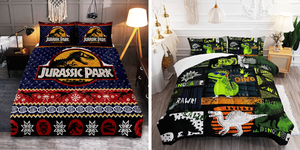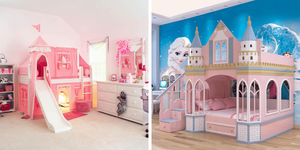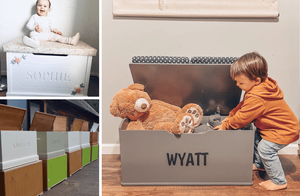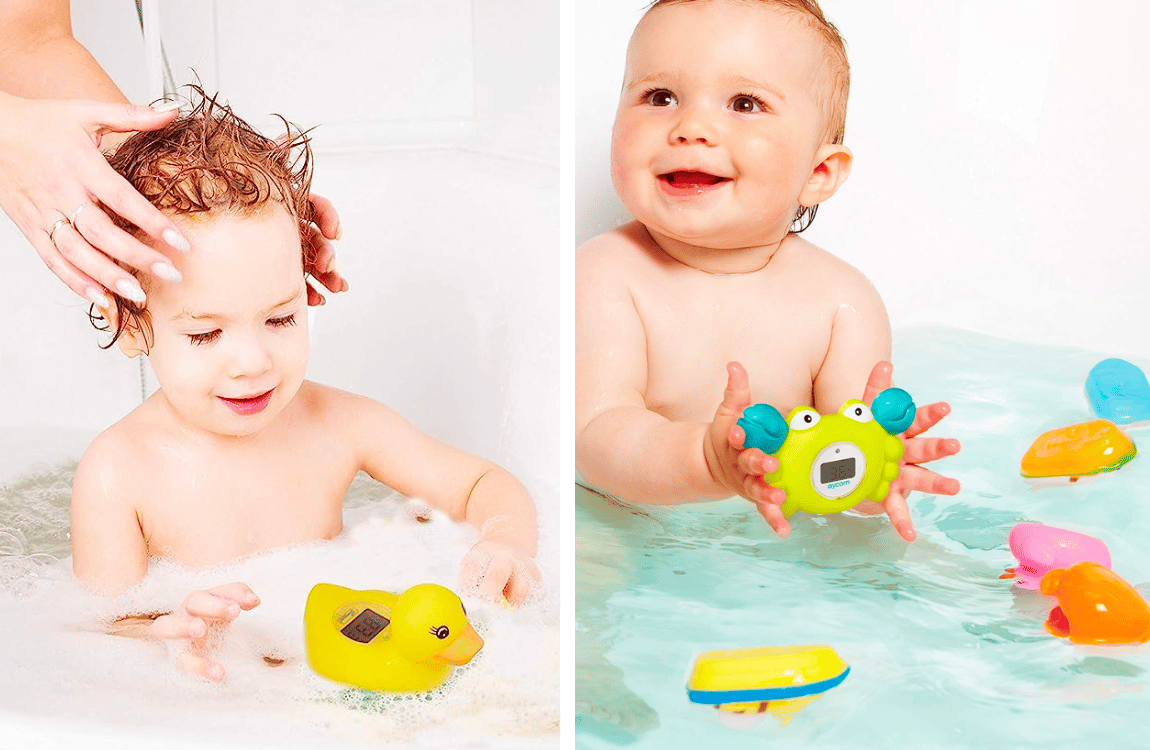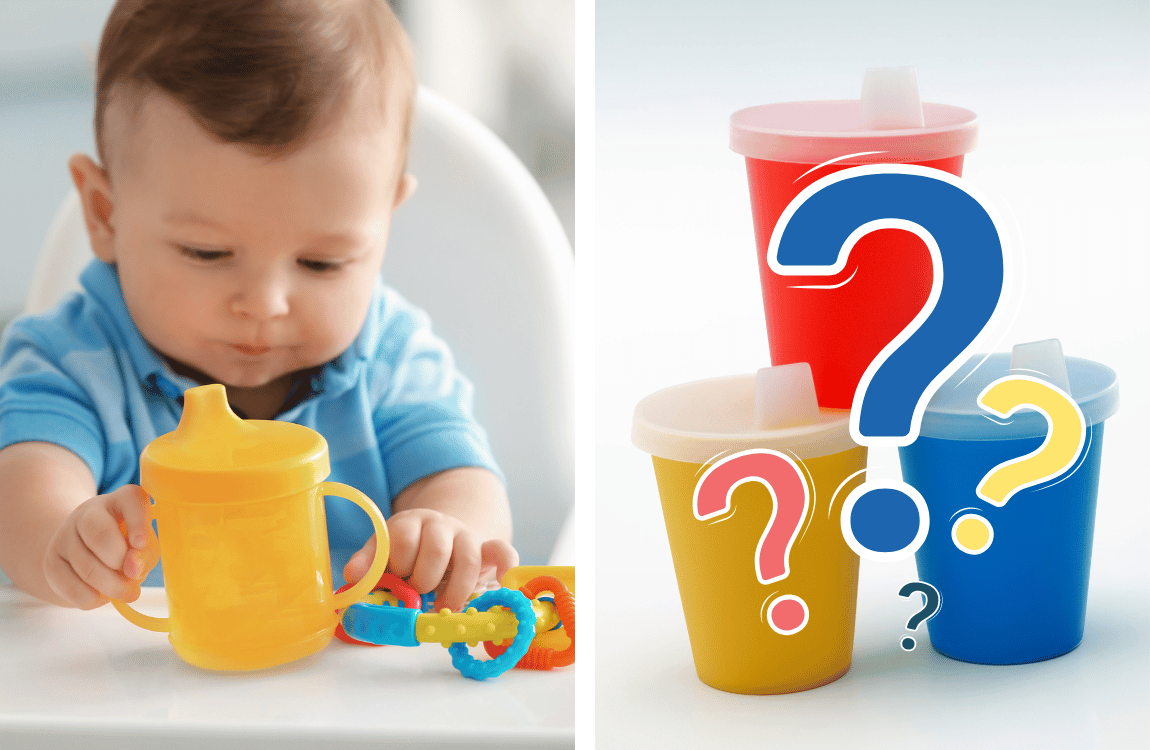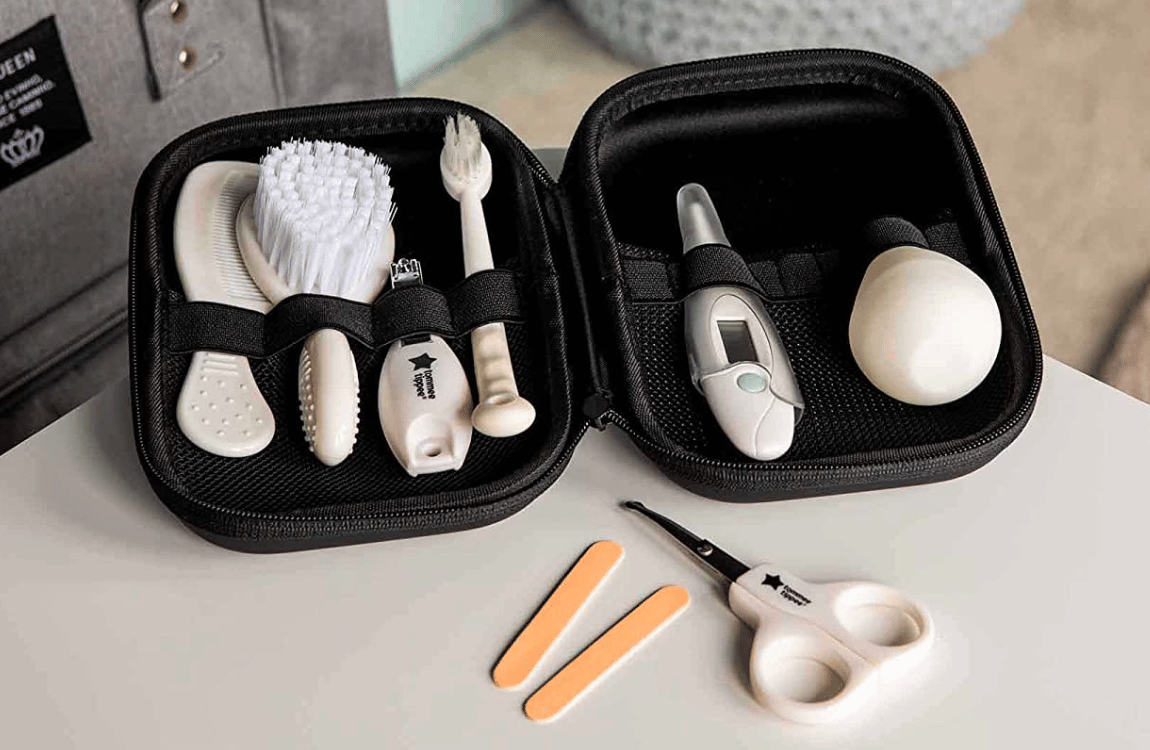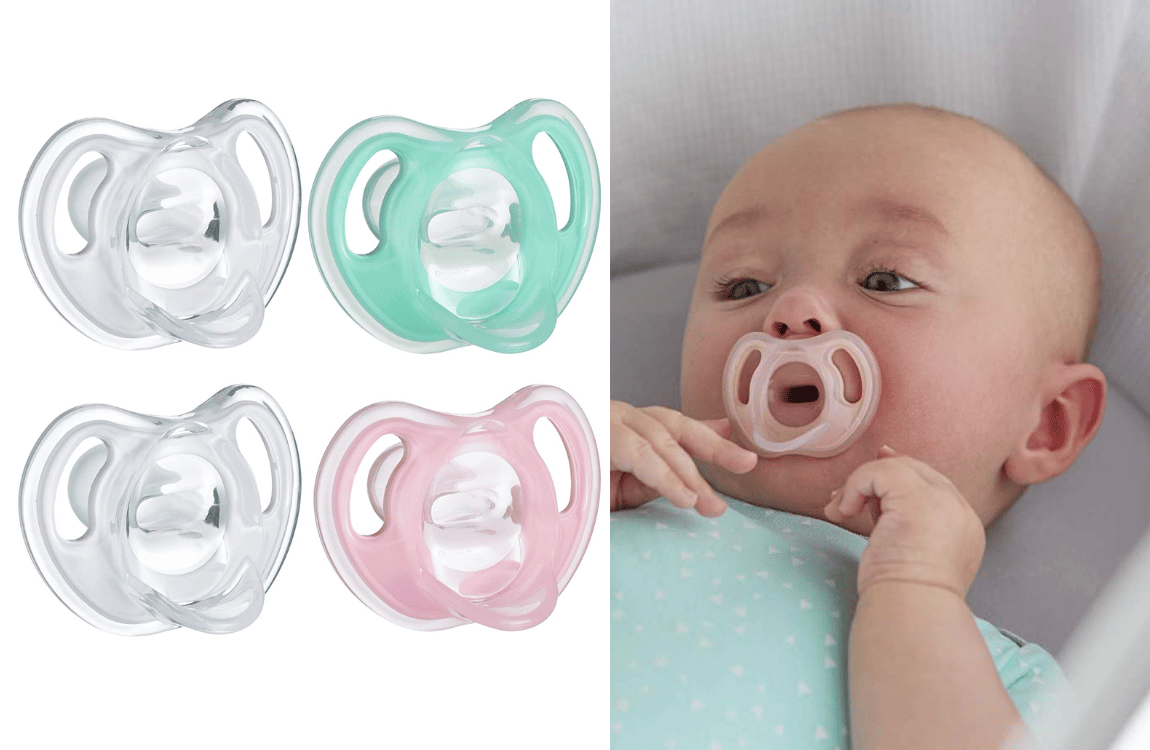We've all been there, your baby falls asleep with their pacifier in their mouth, but now what? Do you snatch it away and risk disturbing them, or leave them be with their comforting pacifier?
It's a common question among new parents: can babies sleep with pacifiers? While pacifiers can provide comfort to babies, there are both pros and cons to using them.
In this blog post, we'll explore the potential benefits and risks of letting your baby sleep with a pacifier. Keep reading to learn more about the potential impacts of pacifier use on your baby's sleep and development.
Quick Answer
Pros and cons
As a new parent, you may be wondering if it's safe for your baby to sleep with a pacifier. The answer to this question is not a simple yes or no. While there are some benefits to having a baby sleep with a pacifier, there are also potential risks that should be taken into consideration.
It's important to understand the pros and cons of having a baby sleep with a pacifier so that you can make an informed decision about what is best for your baby. Here, we will discuss the potential benefits and risks associated with allowing a baby to sleep with a pacifier, so that you can make an informed decision about what is best for your baby.

The Benefits of Letting Your Baby Sleep with a Pacifier
Letting your baby sleep with a pacifier can be beneficial for both you and your baby. Pacifiers can help soothe your baby, reduce the risk of SIDS, and increase the duration of sleep.
Studies have shown that pacifiers can help babies fall asleep faster and stay asleep longer. They also reduce the risk of SIDS, making them a safe and effective way to reduce the risk of SIDS in babies.
Additionally, pacifiers can help babies self-soothe and provide comfort while they are sleeping. If you are considering letting your baby sleep with a pacifier, make sure to check with your doctor to ensure it is the right choice for your baby.
The Potential Risks of Letting Your Baby Sleep with a Pacifier
When it comes to the question of whether or not it is safe for babies to sleep with a pacifier, the answer is a bit complicated. While pacifiers can provide comfort and help babies fall asleep, they can also pose potential risks.
One of the most common risks associated with letting babies sleep with a pacifier is an increased risk of ear infections. Babies who sleep with a pacifier are more likely to develop ear infections due to the fact that the pacifier can block the Eustachian tube, which can lead to fluid buildup in the ears.
Additionally, pacifiers can cause dental problems such as misalignment of teeth and bite problems. Finally, pacifiers can also lead to nipple confusion, which can make it difficult for babies to latch onto their mother's breast during breastfeeding.
Therefore, it is important to consider the potential risks before allowing your baby to sleep with a pacifier.

How to Safely Introduce a Pacifier
Introducing a pacifier to your baby can be a great way to soothe them and help them fall asleep. But it's important to make sure you are doing it safely. The American Academy of Pediatrics recommends introducing a pacifier at around 3-4 weeks old.
When choosing a pacifier, make sure it is made of silicone and is BPA free. Also, make sure the pacifier has a shield that is wide enough to prevent your baby from choking on it.
Lastly, you should replace the pacifier every two to three months to ensure it is still safe. Following these guidelines can help ensure that your baby is safe when sleeping with a pacifier.
Alternatives to Pacifiers
If you’re a parent, you know how important it is to ensure your baby gets enough sleep. Pacifiers are a great way to help soothe your baby and keep them comfortable while they sleep. But it’s important to know that pacifiers should only be used for short periods of time and not all night.
If you’re looking for alternatives to pacifiers, there are plenty of options available. Swaddling is an excellent way to keep your baby comfortable and secure while they sleep.
You can also try using white noise machines to help soothe your baby or their favorite stuffed animals. These machines can help block out other noises that may disturb your baby.
Another option is to use a sleep sack, which can help your baby feel secure and cozy while they sleep. It’s important to find the right solution for your baby, so explore the different alternatives and decide what works best for you.

Conclusion
The debate over whether babies should sleep with pacifiers has been going on for years. While there are benefits to allowing babies to sleep with pacifiers, it is important to weigh the pros and cons before making a decision.
On the one hand, pacifiers can help babies sleep better and reduce the risk of SIDS. On the other hand, pacifiers can increase the risk of ear infections and dental problems.
Ultimately, the decision should be made based on the individual needs of the baby and family. Parents should research the risks and benefits and consult their pediatrician before making a decision. Resources like the American Academy of Pediatrics website can provide additional information and guidance.
If you are breastfeeding, we've found the best pacifiers for breastfed babies too. Shaped like a mother's breast to avoid confusion.

A Parent's Point Of View!
Pros & Cons Quick Run Down!
Pros
- Pacifiers can help babies fall asleep and stay asleep.
- Pacifiers can help soothe babies and reduce their stress levels.
- Pacifiers can reduce the risk of sudden infant death syndrome (SIDS).
- Pacifiers can help babies self-soothe in times of distress.
- Pacifiers can help reduce the risk of ear infections.
Cons
- Pacifiers can cause dental problems if used for too long.
- Pacifiers can interfere with breastfeeding.
- Pacifiers can cause the baby to become dependent on them for sleep.
- Pacifiers can increase the risk of ear infections if not properly cleaned.
- Pacifiers can increase the risk of choking if not used correctly.

Frequently Asked Questions
Is it safe for babies to sleep with a pacifier?
Yes, it is generally considered safe for babies to sleep with a pacifier. However, it is important to monitor the pacifier and ensure that it does not become a choking hazard.
What are the benefits of letting a baby sleep with a pacifier?
There are several potential benefits of letting an infant sleep with a pacifier, such as reducing the risk of Sudden Infant Death Syndrome (SIDS) and helping to soothe the baby while they sleep.
What are the potential risks of letting a baby sleep with a pacifier?
The potential risks of letting a baby sleep with a pacifier include an increased risk of ear infections, dental problems, and choking. It is important to monitor the pacifier and ensure that it does not become a choking hazard.
What is the best type of pacifier for my baby?
There are many different types of pacifiers available, so it is important to choose one that fits your baby’s needs and preferences. Consider factors such as size of the baby's mouth, shape, material, and durability when selecting a pacifier. Look for brands that are BPA-free and crafted with soft materials like silicone or rubber.
How long should I let my baby use a pacifier?
It is recommended that babies only use pacifiers in small amounts throughout the day and not all night. Pacifiers should be used as needed for comfort but should be gradually phased out after 12 months old. If you notice any dental issues related to prolonged pacifier use, consult your pediatrician right away.
Do I need to clean my baby's pacifier?
Yes! Pacifiers can attract bacteria if they come into contact with saliva or other substances during regular usage. Make sure to regularly inspect the condition of your baby’s pacifier and wash it often. A preferred method is to put them in a sterilizer. Pacifier clips are also a good as a pacifier falls on the floor a lot!
Should newborns use pacifiers?
You can give a newborn a pacifier, and there are pacifier sizes made specifically for newborns. But some say newborn babies should not use pacifiers. This is because pacifiers can interfere with a baby's natural need to suck. Sucking on a pacifier may cause the baby to form a habit of using it and problems with feeding. But let a newborn baby sleep with a pacifier and you could get the much needed rest you both need.

Who said pacifiers have to be boring! 😂


